Tips For Dealing With Garden Pests & Diseases
By Victoria Fuller
It’s finally Spring which means two things: it’s finally gardening season (yay!) and the pests and insects of yesteryear are waking from their slumbers to wreak havoc on our gardens (boo!). Today we want to share tips on preventing pests and diseases from ruining all of your painstaking hard work in the garden!
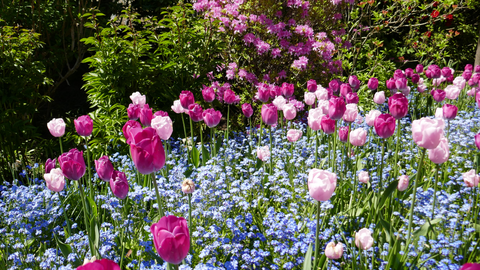
Not All Insects Are Pests!
When we think of pests, insects tend to get an incredibly bad reputation, and to be fair, plenty of insects have made it their mission to inconvenience and terrorize gardeners at every turn! However, there are some notable mentions in the world of insects that deserve a special mention as they can be beneficial to your garden!
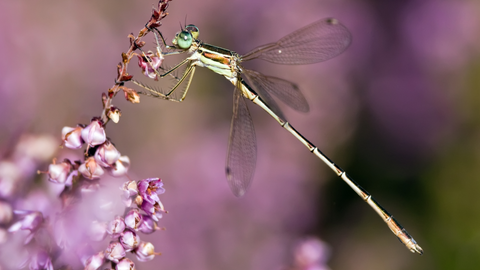
Pollinators
Bees, Butterflies, and Small Birds are excellent pollinators, and this is an essential part of fertilization, seed development, and fruit production, so we love these little fellows! Some plants that you can cultivate to encourage pollinators such as these are: Milkweed, Beebalm, and Honeysuckle.
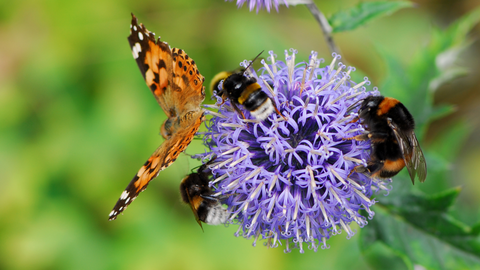
Pest Hunters
Ladybugs, Dragonflies, and Praying Mantis’ are fantastic at hunting the types of insects that can cause real damage to your garden (such as Aphids) so it is beneficial to encourage these fellows with the types of plants that they enjoy (such as Black Eyed Susans, Coneflowers, and Asters).
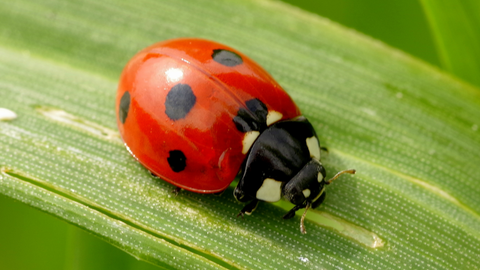
Are There Any Pests To Be Especially Wary Of?
The saloon-style “Most Wanted” poster for garden pests would likely go to Snails and Slugs, not only are their trails particularly unpleasant, but they also wreak havoc by munching on the vegetables and flowers that you so pain-stakingly cultivated!
The best way to humanely trap snails is to lure them into a hole filled with beer (they love a drink!) or rinds of melon or citrus fruits, then release them far away from your garden. Once you have removed your slimy enemies you can place a perimeter of salt around your garden to deter them in the future (just be sure not to place the salt too close to the garden itself as this can damage your plants!).
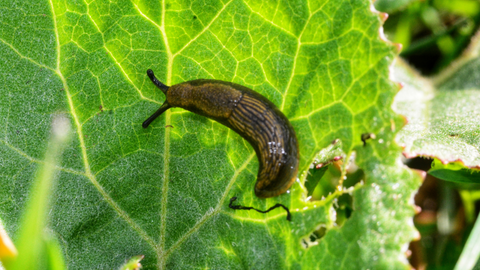
Try Companion Planting
One of the best ways to keep pests away from all of your hard work in the garden is by trying companion planting! Certain plants attract beautiful insects while others naturally repel pests, so planting them side by side is a fantastic strategy! Here are some examples of companion plants:
Marigolds
These beautiful blooms repel destructive Aphids, so plant them near Potatoes or other Root Vegetables! Marigolds are also known to encourage visits from pollinators such as Butterflies so win-win!
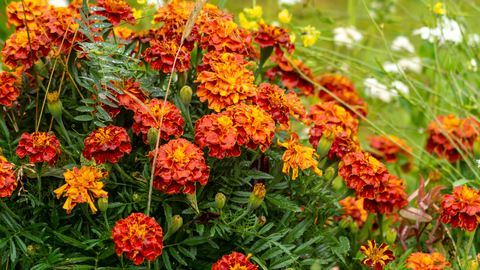
Alliums
Also known as the family of Onions, Garlic, and Chives, these plants tend to repel pests with their potent odor, so consider planting these amongst your other vegetables to keep pests at bay!
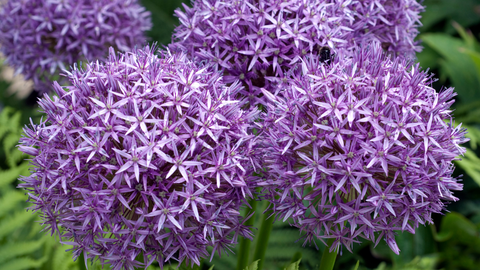
Lavender
If you like the idea of keeping pests at bay with scent but would prefer a more pleasant fragrance, consider Lavender! This beautiful flower keeps Fleas and Mosquitoes away!
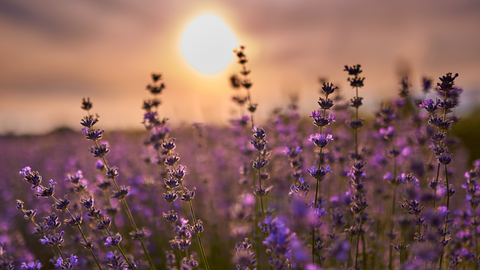
Rotate Your Crops (and Confuse Your Pests!)
By rotating your crops season after season you will effectively throw a curveball at the local pest population. Crop rotation confuses pests, helps to reduce their concentration in specific areas of your garden, and can help to manage soil fertility as well! This method does take a few years, as we would recommend leaving two to three years between planting variants of the same plant family in a particular part of your garden, but the results are worth the patience!
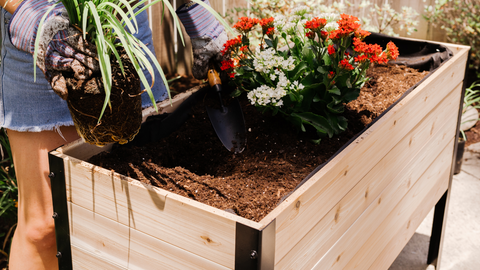
How Can I Prevent Diseases In My Garden?
The best way to prevent diseases in your garden is to maintain healthy soil by adding mulch, compost, fertilizer (basically any nutritious organic matter!), remove damaged leaves and any other potentially infected plant materials as soon as you see them and rotate your crops every year! Refreshing the growing area each year will stop germs and diseases from setting up shop in the debris and soil of your garden! Maintaining optimal soil health is naturally a fantastic starting point for growing plants with the best chance of success as well!

Consider Raised Bed Gardening
When it comes to keeping your pests out of your garden, one of the simplest ways to do so is to simply make it more difficult for them to infiltrate it in the first place! With a Cedar Planters Western Red Cedar raised garden bed or planter box not only will your garden look even more beautiful, but it will be at a more comfortable gardening height (no back-ache here!) and will deter certain pests (such as rabbits!) with its design.
Western Red Cedar is also naturally resistant to decay and insect damage so you won’t have to worry about pests ruining your investment! You can also stain your planter box with a UV sealant such as Osmo's for even more protection against pests and the elements!
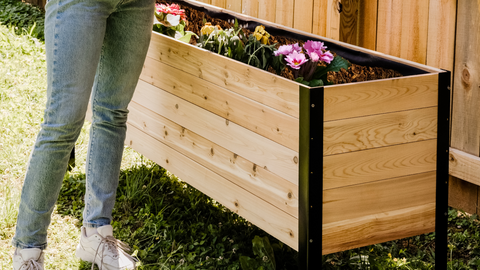
Cover Your Investment!
Greenhouse Covers are a fantastic way of protecting your garden from pests (as well as harmful weather!), especially if you live in an area with an abundance of a particular type of insect! Cedar Planters’ Greenhouse Covers are designed with our garden beds in mind and have handy zipper-sides to make tending your plants as easy as pie (and encouraging airflow!).
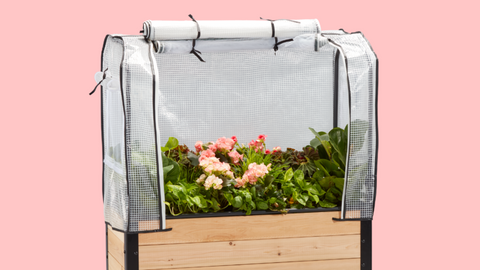
We hope that this list has given you a little insight and reassurance into the world of garden pests! You don’t have to give into the whims of a wayward squirrel after all! Do you have any of your own tried and true methods of keeping various types of pest at bay? If so please feel free to let us know in the comments below!









Leave a comment